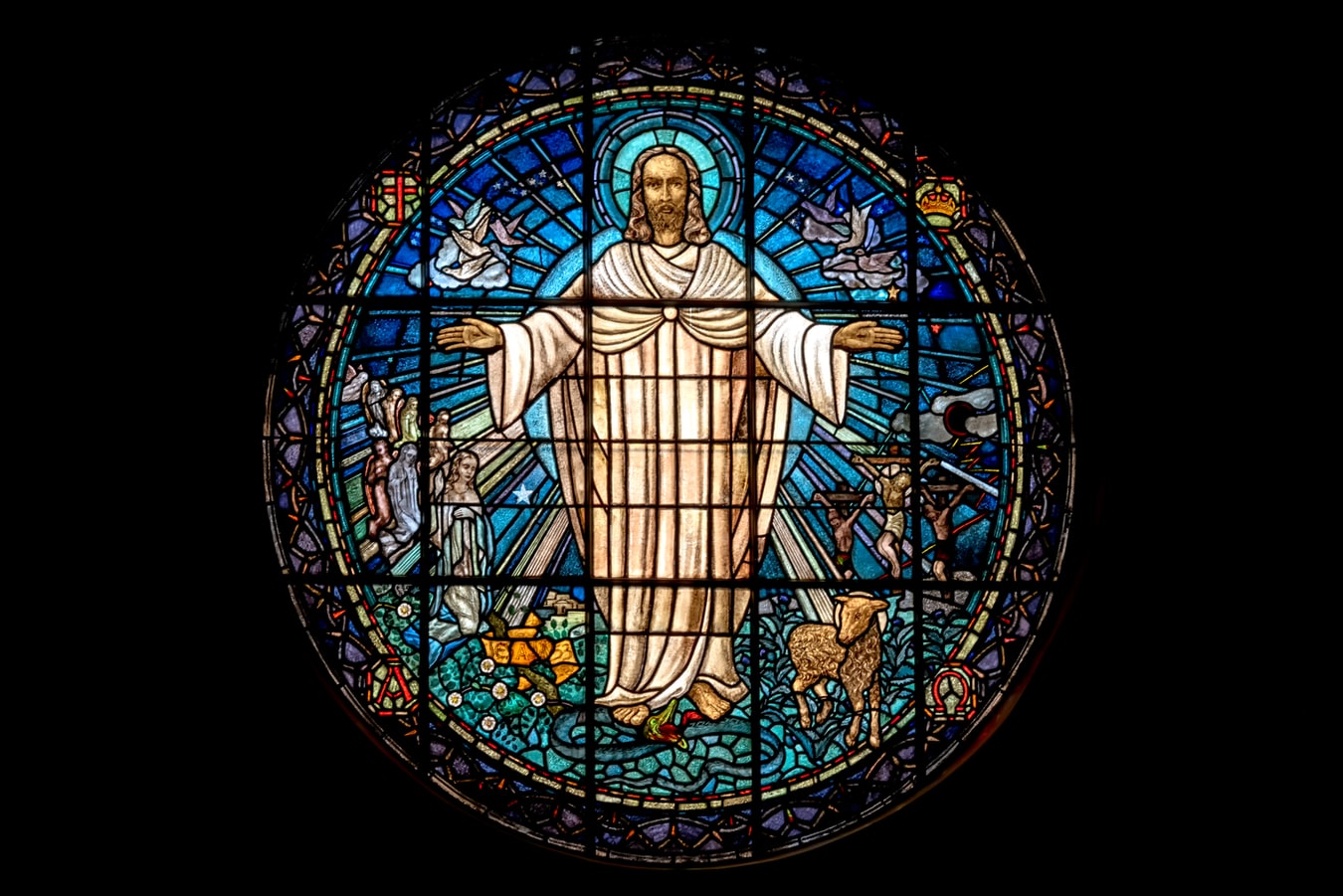Q&A: Early Formation of our Christian Identity

Q: It is my understanding that the Church started at Pentecost, but Christians were first called “Christians” at Antioch, according to the Book of Acts. Why is that?
A: The process of identity formation is a complex one. If you think about the formation of a Christian person, especially one who comes to Christ as an adult, there is often a particular experience that is the catalyst to a new life, but the process of growing into that identity may take a lifetime. Extended family and co-workers may recognize the new identity after the event. It was the same with the Church.
God acted in the death and resurrection of Jesus to offer salvation to the whole world and then by the Spirit at Pentecost to create a people who are alive to God.
Initially, those people were all Jewish, in Jerusalem for the celebration of the Jewish festival of Pentecost. Then, as we read in Acts, the Spirit of God acted again through the visions of Peter and Cornelius (Acts 10) to include Gentiles (non-Jews). God also acted to extend the people of God, both geographically and ethnically, by calling Paul to be an apostle to Gentiles (Acts 9:15-16) and through the witness of those persecuted in Jerusalem as they moved out of the city (Acts 11:19-21).
In this way, God’s hope for all nations to worship together began to take shape. Naming themselves (or perhaps being named by outsiders) was a further step in their formation as a people; the motley crew worshipping together became known as Christians, those “of Christ” (Acts 11:26).
In every age, it can be difficult to have close fellowship with people who are different; the early church was no exception, as the account of the meeting in Jerusalem tells us (Acts 15). However, once a church from all nations is established, it is easy to overlook how difficult it was to take on a Christian identity. I think growing into our Christian identity remains a challenge for the church, but God’s hope stands: to form one people from all nations.
Jo-Ann Badley is Dean of Theology and Associate Professor of New Testament at Ambrose University in Canada.
Holiness Today, March/April 2018.
In each issue, a forum of pastors, laity, theologians, and church leaders respond to your questions on subjects such as doctrine, theology, Christian living, and the church. Send your questions to Holiness Today, Church of the Nazarene Global Ministry Center, 17001 Prairie Star Parkway, Lenexa, KS 66220. E-mail: holinesstoday@nazarene.org. The editor regrets that all questions cannot be printed, acknowledged, or answered.
Please note: This article was originally published in 2018. All facts, figures, and titles were accurate to the best of our knowledge at that time but may have since changed.




